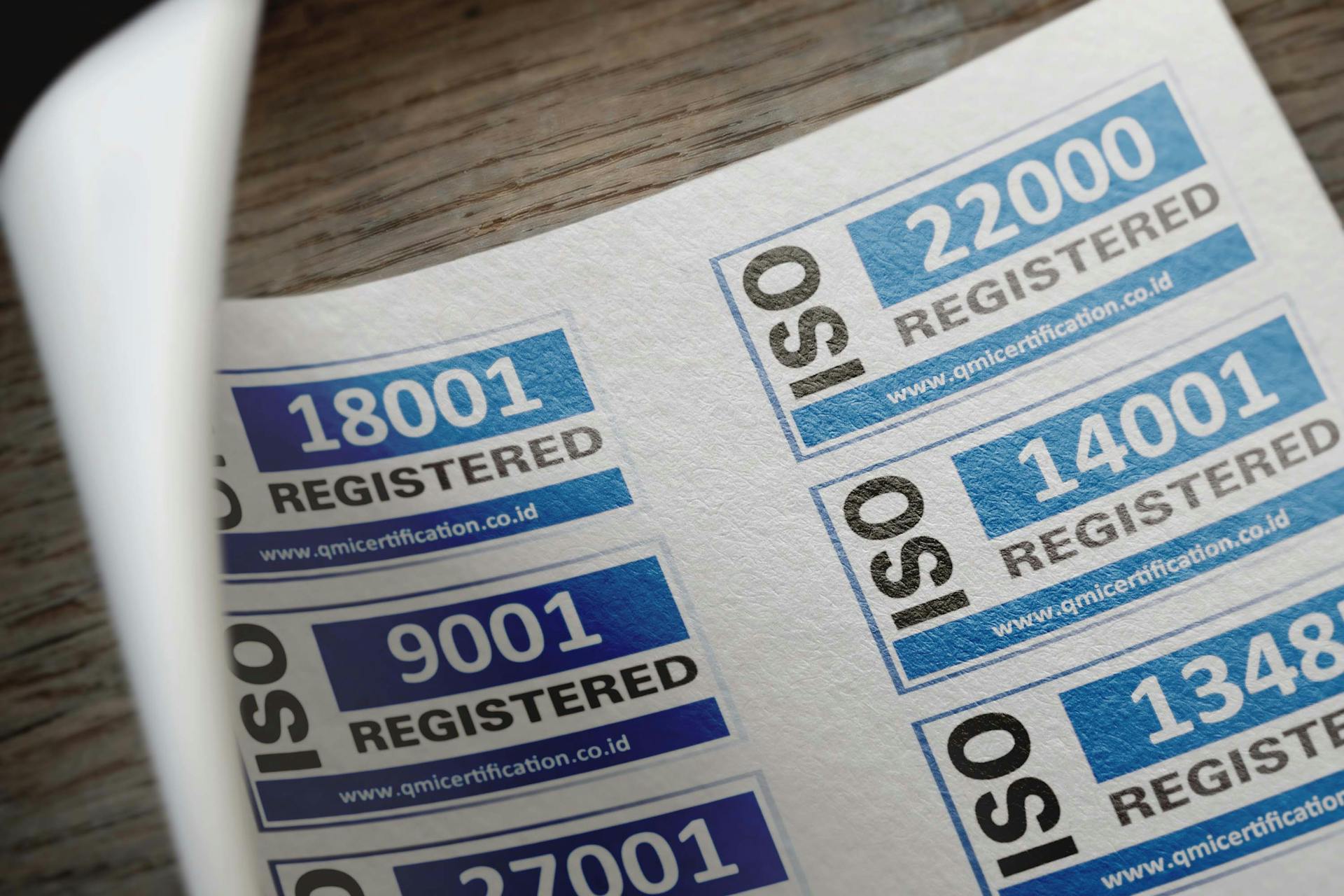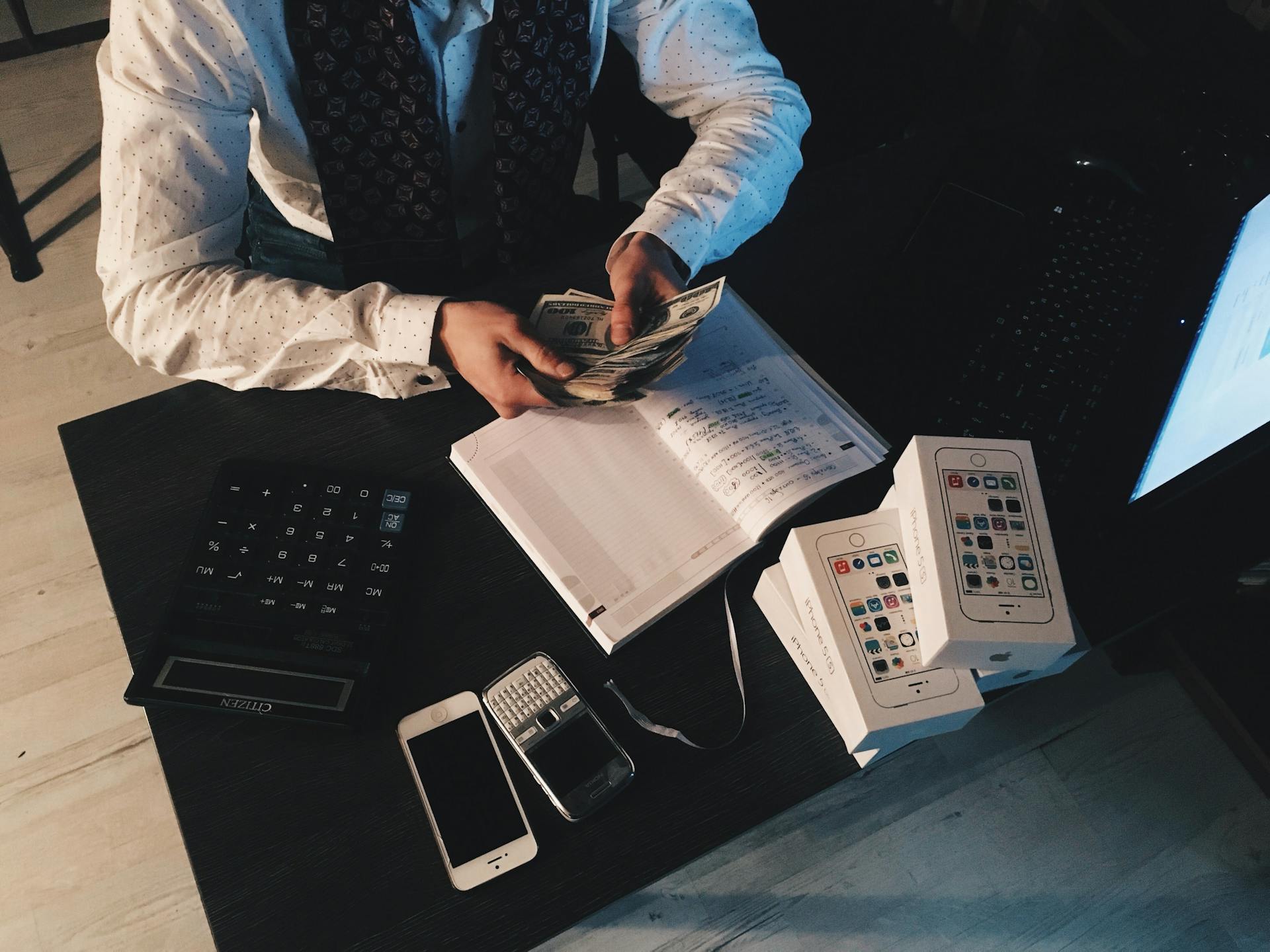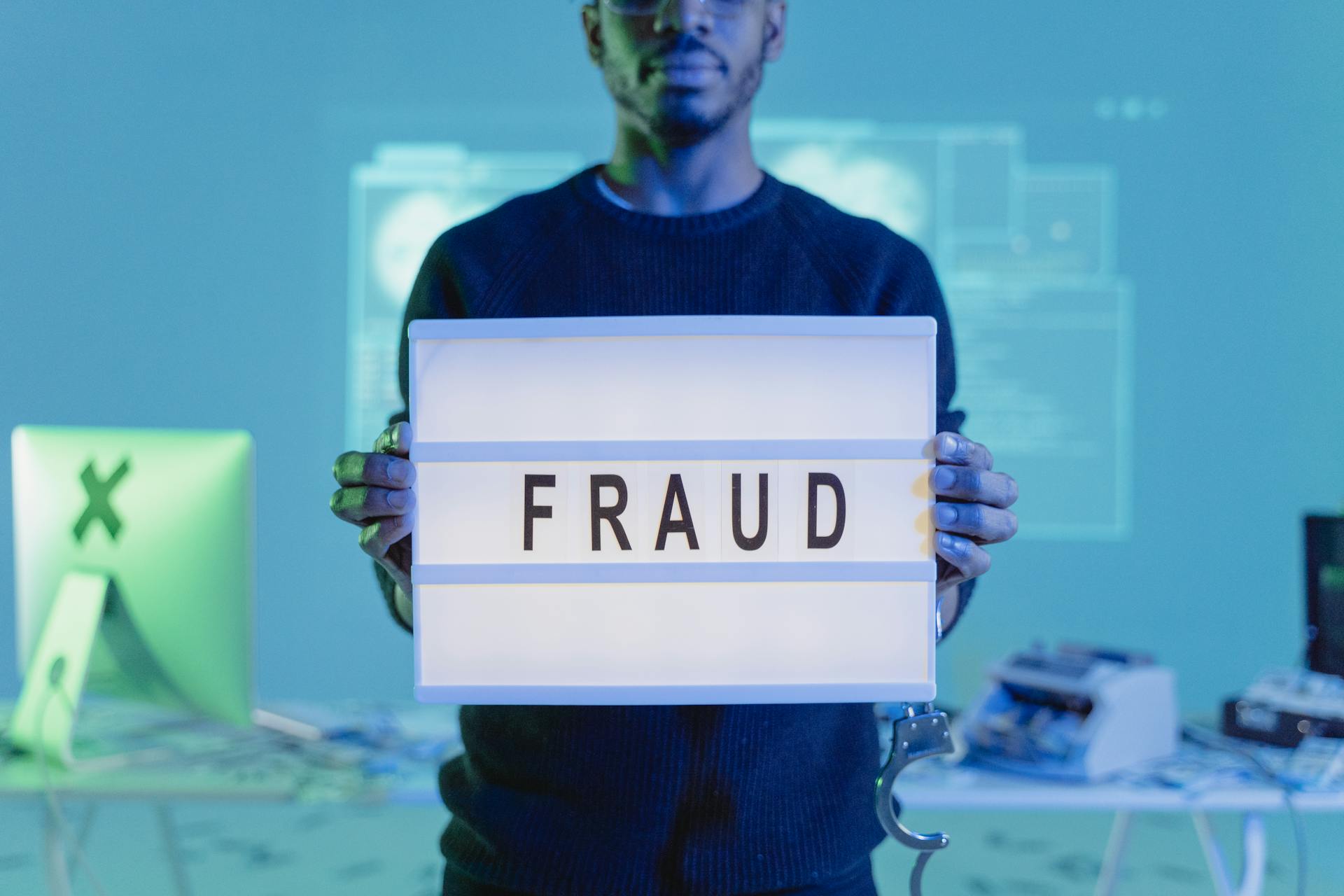
Certified check scams are a type of financial scam where scammers send you a certified check as a deposit or payment for a product or service. Certified checks are legitimate, but scammers use them to trick you into sending money or personal information.
The scammers' goal is to get you to send them money or sensitive information, often by convincing you that you need to pay a fee or tax on the check. They might claim you need to pay for insurance, processing fees, or other bogus charges.
Be cautious if someone sends you a certified check as payment, and always verify the authenticity of the check and the person sending it.
Curious to learn more? Check out: Send E Check
Types of Scams
Fake checks are used in many types of scams, including mystery shopping scams where scammers pretend to hire people as mystery shoppers and ask them to deposit a check and wire it to someone else.
Mystery shoppers are often targeted with fake checks, and the scammers disappear with the wired money.
Check this out: Fake Payday Loan Collection Emails
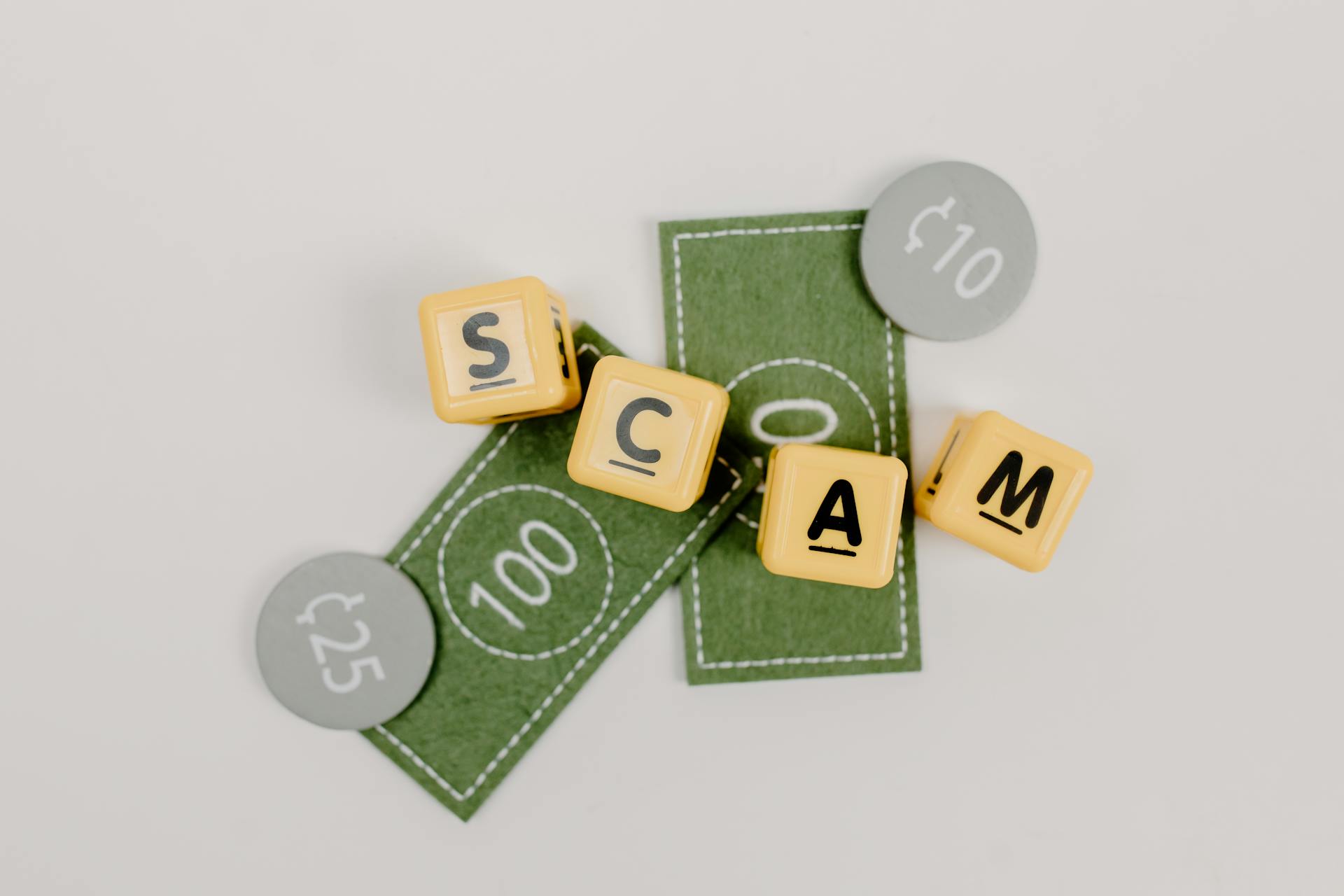
Personal assistants are also targeted, where they receive a check and are told to use the money to buy gift cards or equipment for their new client.
Car wrap decal scams involve people interested in car wrap advertising being told to deposit checks and send money to decal installers who don't exist.
Sweepstakes scams target people who have won a prize, and they're given a check to cover taxes, shipping, and handling charges.
Overpayment scams occur when people buying something online accidentally send a check for too much and ask the seller to refund the balance.
Here are some common types of cashier's check scams:
Lotteries and Sudden Wealth
Lotteries and Sudden Wealth scams are a type of scam that will try to get you to send them money by pretending you've won a lottery or inherited a large sum of money. These scams often come with a fake cashier's check to make it seem more legitimate.
Check this out: How to Check If You Have Money in 401k
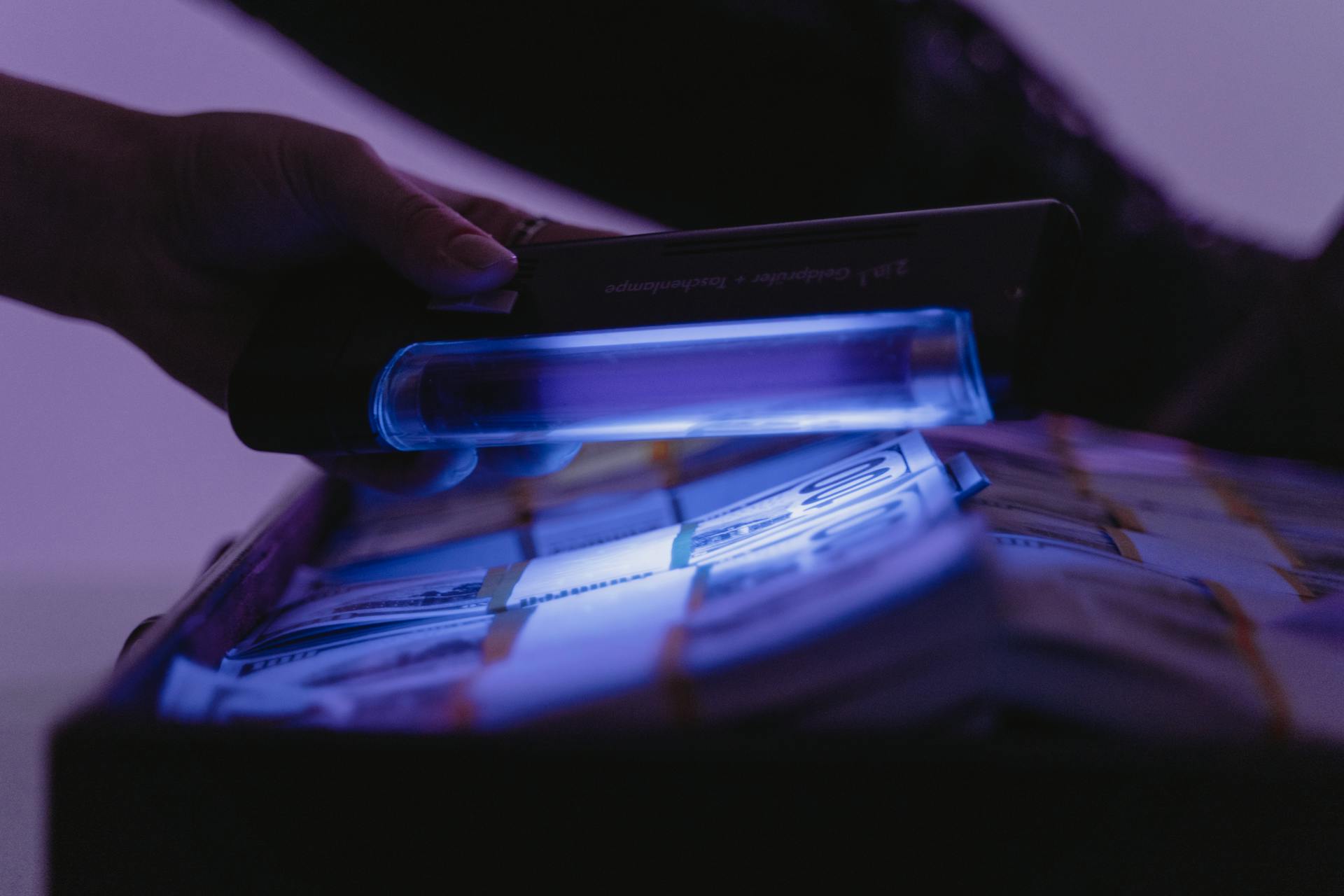
The scammer will tell you that to claim your winnings or inheritance, you need to pay taxes and fees first. They'll send you a fake cashier's check, which you're supposed to deposit into your account and then wire back to them to cover the taxes and fees.
Here are some common ways these scams play out:
- Winning a foreign lottery: You're told you've won a lottery in a foreign country and need to pay taxes and fees to claim your prize.
- Unexpected inheritance: You're informed that a distant relative has died and left you a large sum of money, but you need to pay taxes and fees to receive it.
The truth is, you'll never actually receive the money you've been promised, and you'll be out the fees you've paid. Always be cautious when receiving unexpected news of winning a lottery or inheriting money, and never send money to someone you don't know.
Overpayment
Overpayment scams are a type of scam where a buyer sends a cashier's check for an amount greater than the item's list price, and then asks the seller to wire the extra money to an "agent" to pay for taxes, fees, and shipping costs.
This scam is often conducted through the Internet, and the buyer may claim to be located outside of the state or country. They might be interested in buying a large ticket item, such as a car, boat, or snowmobile.
The scammer will send a cashier's check for an amount greater than the item's list price, and instruct the seller to wire the extra money to an "agent" to pay for taxes, fees, and shipping costs. This is a red flag, as legitimate buyers would not ask you to send extra money.
Here are some examples of overpayment scams:
After the seller sends the money, the check is found to be worthless, leaving the seller liable to the bank for the wired funds.
Protecting Yourself
To protect yourself from certified check scams, it's essential to verify the check's authenticity before cashing or depositing it.
Don't rely solely on the signs of forgery, as they may not always guarantee a fake check.
Call or visit the bank before cashing or depositing the check, but don't contact the number printed on the check - it's likely a fake.
Instead, search for the institution's phone number online to ensure you're reaching the bank directly.
The scammer may use a legitimate routing number and account number on the check, so the bank will need to inspect it further for other indications of fraud.
For another approach, see: Etisalat Number
What to Do If Scammed
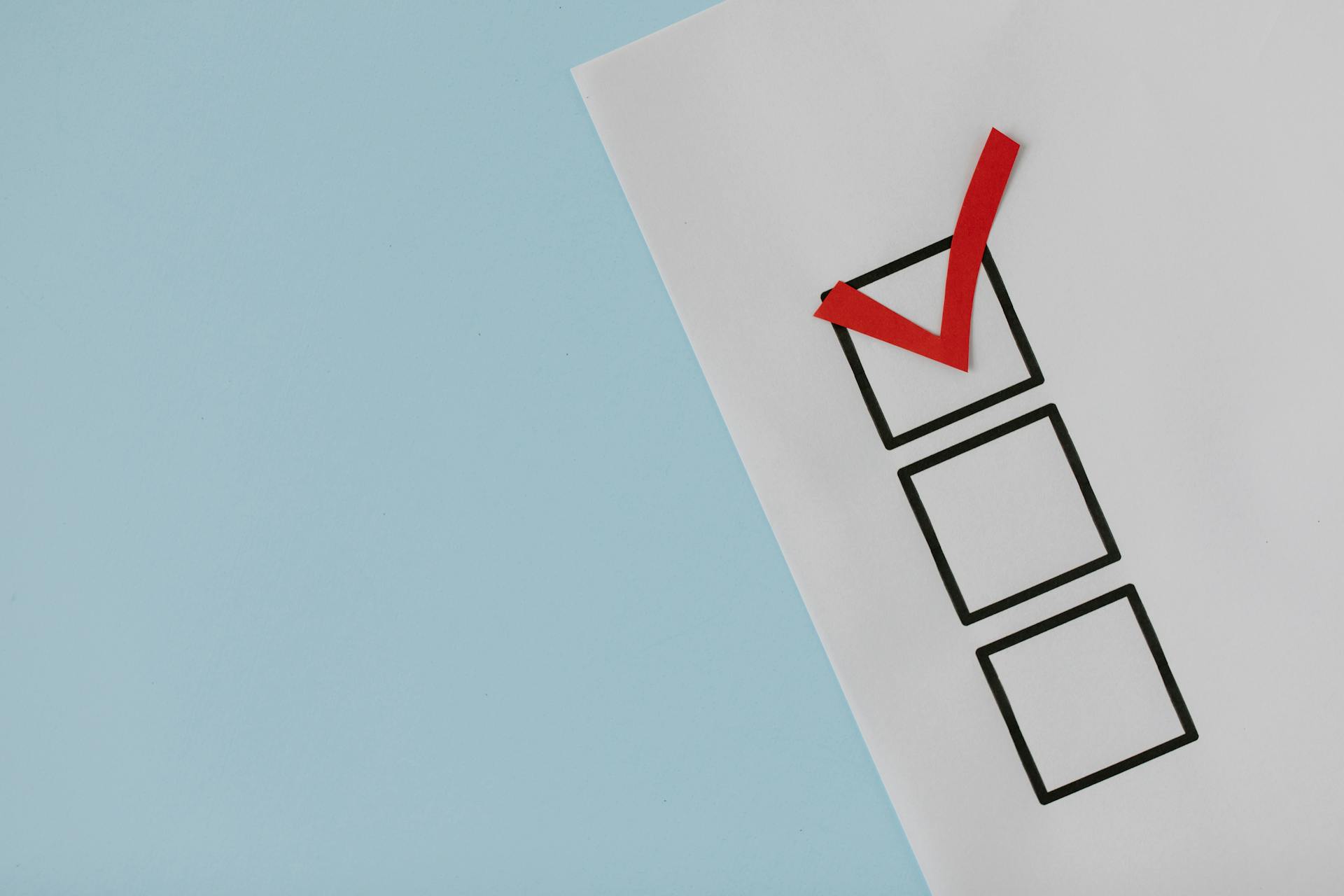
If you think you've been targeted by a counterfeit check scam, report it immediately to the Federal Trade Commission at FTC Complaint Assistant (www.ftccomplaintassistant.gov).
You can also report it to the U.S. Postal Inspection Service at www.uspis.gov, if you received the check in the mail.
Contact your state or local consumer protection agencies, and visit NAAG (www.naag.org) for a list of state Attorneys General.
For online crimes involving counterfeit checks and money orders, file an online complaint with the Internet Crime Complaint Center (www.ic3.gov).
Notify the bank whose name is on the check, as well as the website or online service where you encountered the scammer.
Call the FDIC toll-free at 1-877-ASK-FDIC (1-877-275-3342) for more help or information, and send your story ideas or comments to [email protected].
Check this out: Online Banking Account No Deposit
Checks and Money Orders
Cashier's checks and money orders are not as secure as you might think. They can be fake, and the funds may not be released until the bank where they were issued verifies them.
Worth a look: What Bank Does Not Check Chexsystems
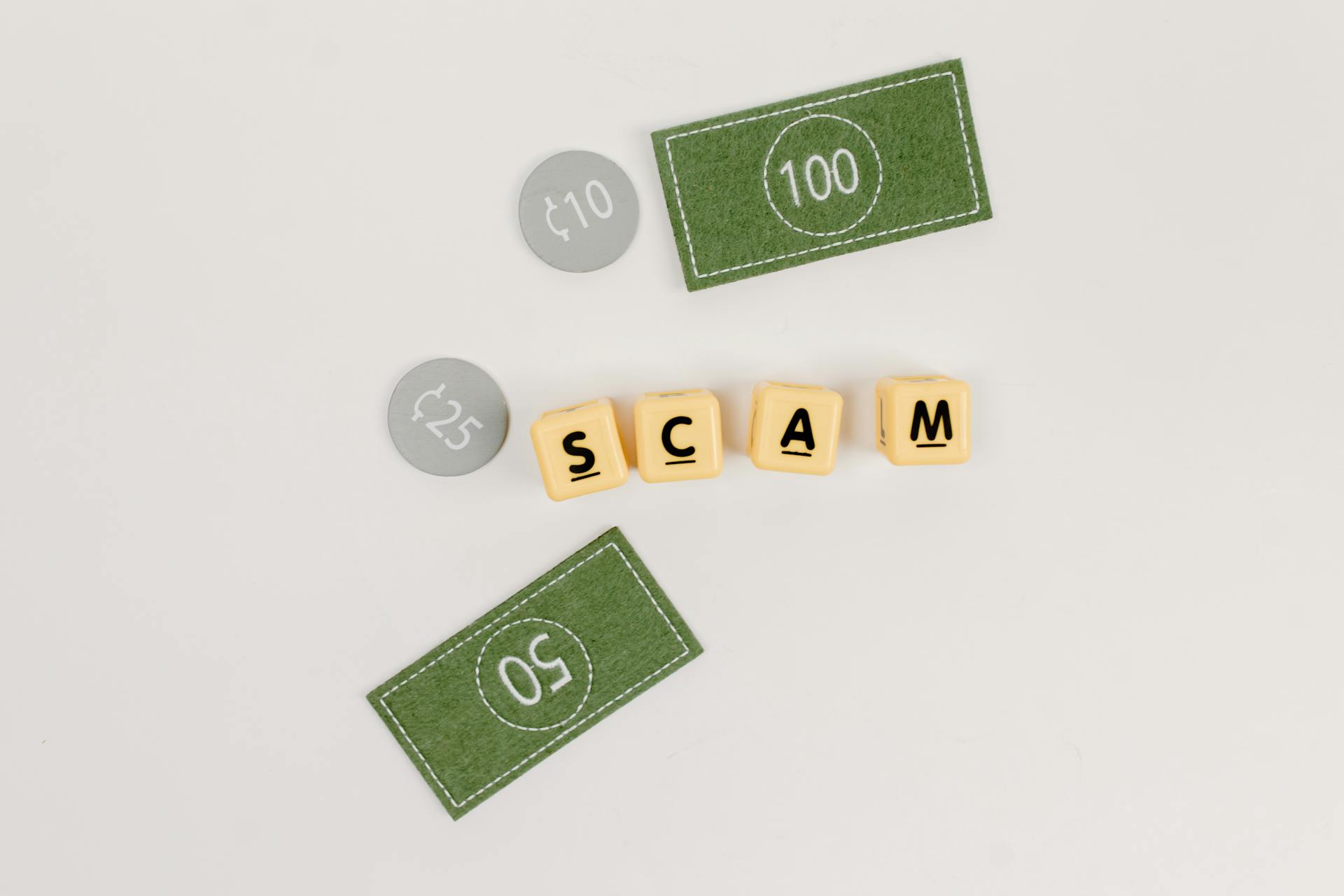
A check is not worth the paper it's printed on until the bank it was issued from releases the money, which can take weeks to clear. This is a common tactic used by scam artists to get their victims to wire funds or send money before the bank discovers the check is fake.
If you deposit a fake check, the funds may be available in your account within days, but the check may take weeks to clear or bounce. This is why it's essential to wait for the check to clear before sending any money or wiring funds.
Scam artists prey on those who mistakenly believe that once the funds are available, the check is legitimate. They might ask you to send money back to them or to someone else before the bank clears the check.
Fake checks are often used in scams where the scammer asks you to cash or deposit the check, and then asks you to send the proceeds back to them. This can happen through various means, such as cash, personal check, prepaid or gift card, or electronic transfer.
Expand your knowledge: How to Send Certified Check
Avoiding Scams

Cashier's checks are not the same as cash, so be cautious when receiving one from a stranger. Just because the money appears to be available in your account doesn't mean the check has cleared and is legitimate.
Avoid foreign lotteries altogether, as they are always illegal. If you didn't enter the lottery, you didn't win, and don't believe claims that you need to pay to collect your winnings.
Don't wire money to strangers, as it's impossible to retrieve the money once it's picked up at the other end. Wire transfers are irreversible, and the money can be picked up anywhere in the world.
If someone wants to pay more than your asking price, be wary - a deal that sounds too good to be true probably is.
A different take: Shop Pay Scams
How to Avoid
Cashier's checks are not the same as cash, and counterfeit ones can look very authentic. The bank may still bounce the check if it's a forgery!
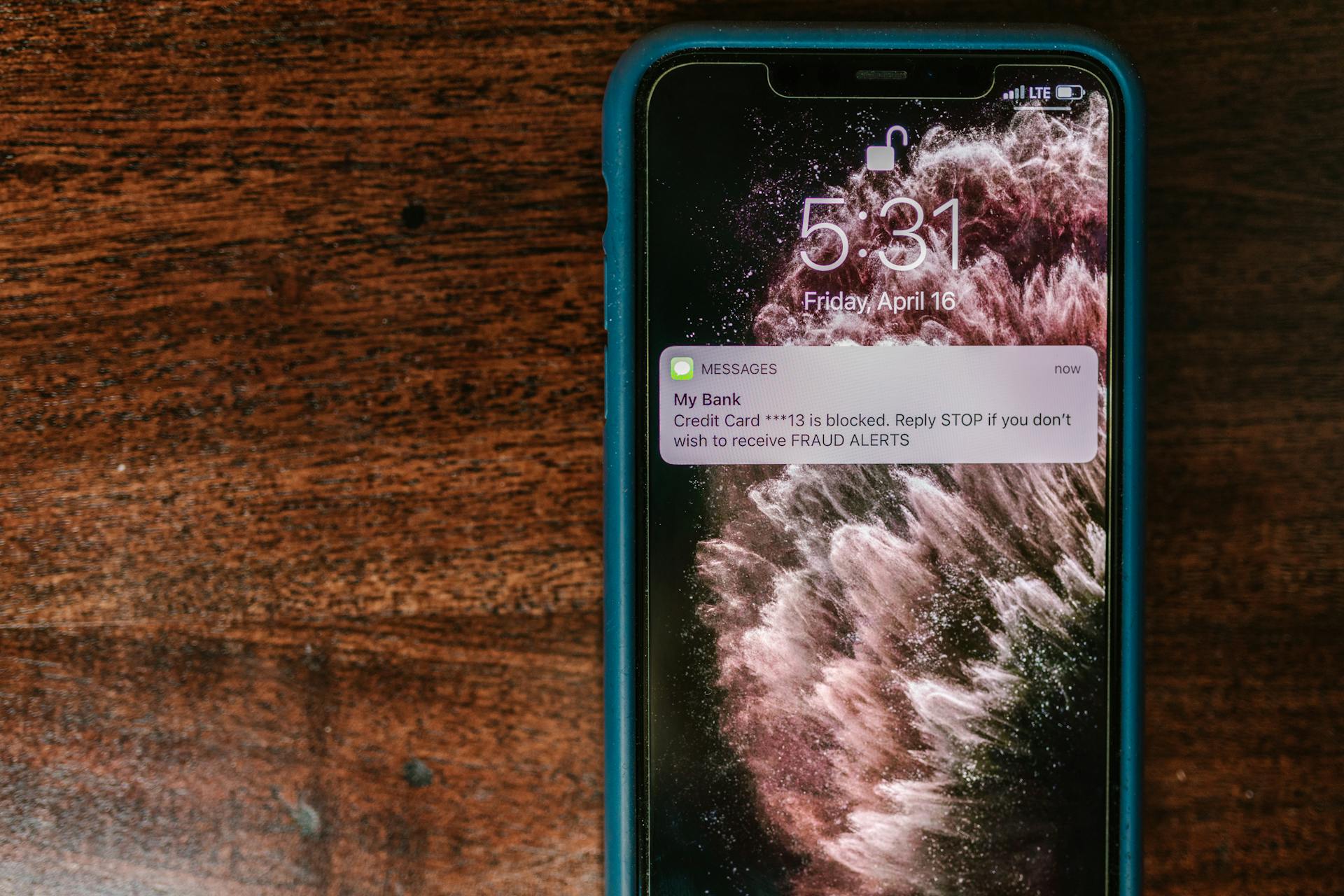
Never wire money to strangers, as it's impossible to retrieve the money once it's picked up at the other end. This is especially true for overseas transactions.
A deal that sounds too good to be true probably is, so be wary of someone who wants to pay more than your asking price. If an individual offers you a suspiciously high price, it's best to be cautious.
Always verify the legitimacy of a check by contacting the issuing bank independently through legitimate directories. Don't use the contact information that appears on the check.
Don't be rushed into a transaction, especially if someone wants to make changes to the terms. If an individual is pushing for a quick transaction, it may be a sign of a scam.
Avoid Foreign Lotteries
Be on alert for telephone solicitations and mailings from foreign countries claiming to be associated with lotteries in Canada, Australia, Spain, and other countries.
These solicitations often request that you send money to receive your prize, which is a clear red flag.
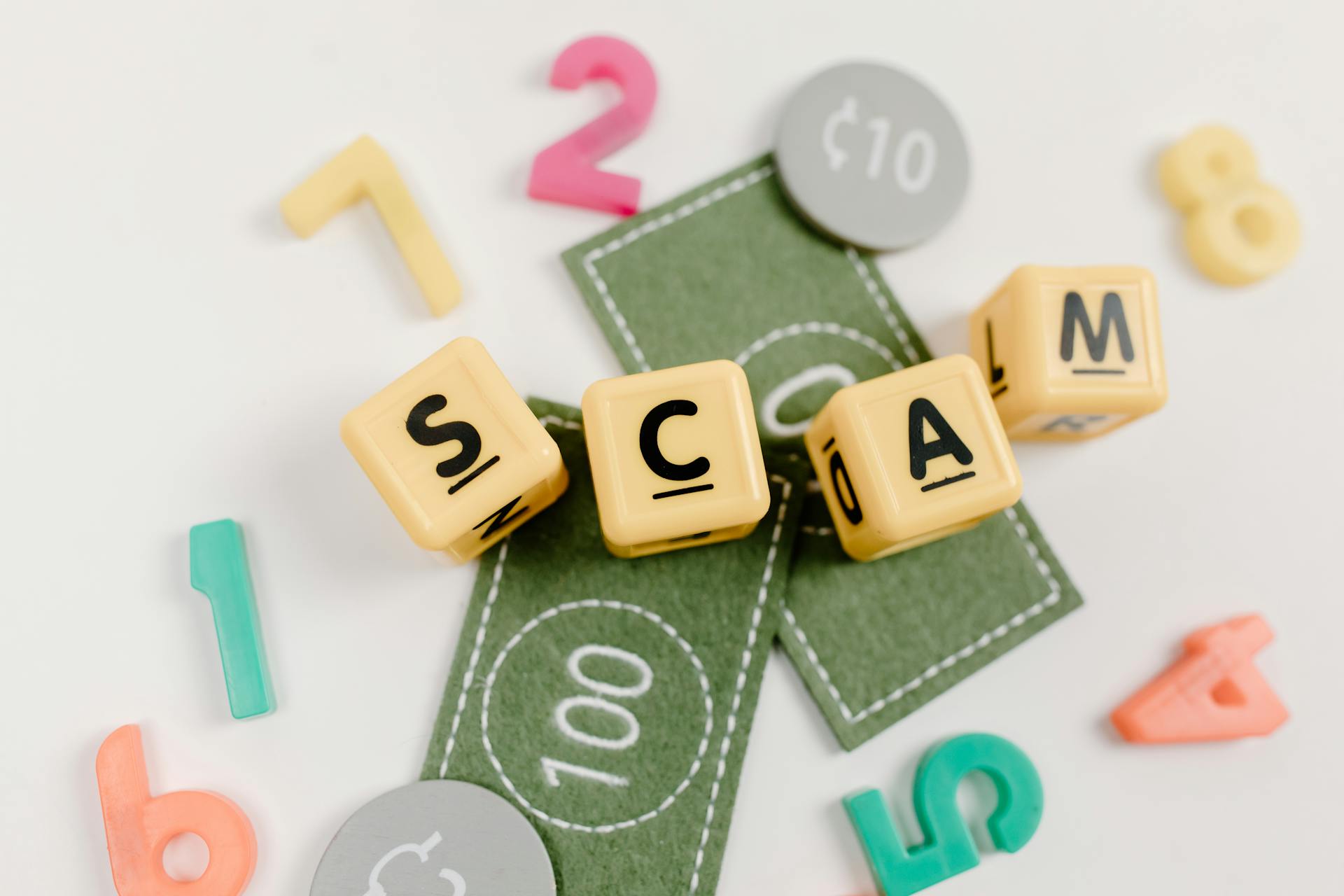
Scammers may use fake websites and emails to make their claims appear legitimate.
Don't fall for the promise of easy money from foreign lotteries, as it's likely a scam.
The Minnesota Attorney General has warned consumers about these types of solicitations, so it's essential to be cautious.
If you're unsure about the legitimacy of a lottery or prize, do some research to verify its authenticity.
Most legitimate lotteries will not require you to pay money to claim your prize.
Scamming Businesses
Small businesses can be targeted by scam artists who send fake cashier's checks or money orders for an amount over the agreed-upon price.
These scammers will then claim that the check was meant for another business and ask the victim to wire the difference directly to them. They often use sympathy-inducing stories to convince the victim.
For example, a scam artist might tell a wedding photographer that the check was supposed to be for the travel agent and that unless they wire the difference, the newlyweds won't be able to go on their honeymoon.
Secret Shopper Scams
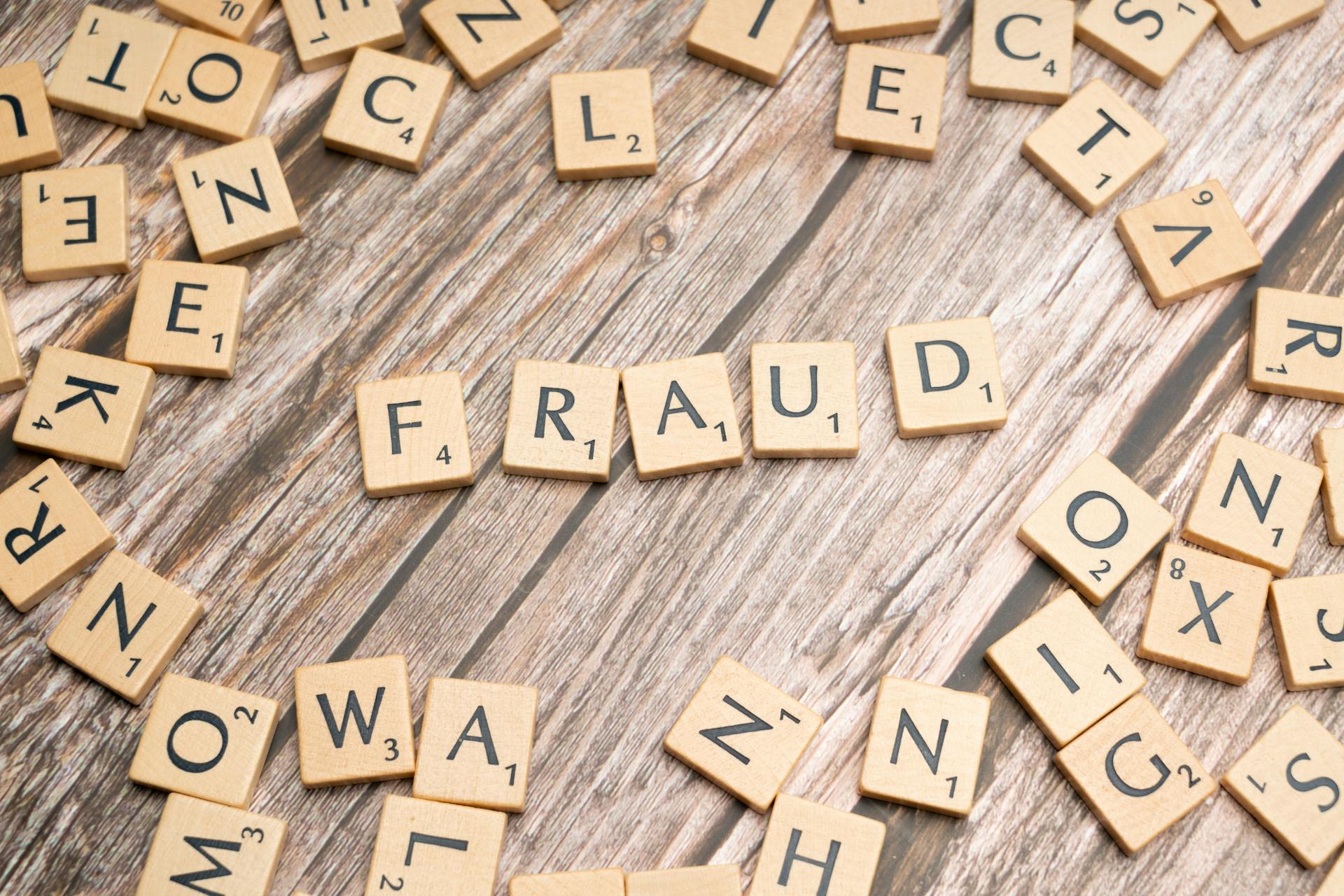
Scammers are using the guise of secret shopper jobs to steal people's money. They often advertise these jobs online, claiming you can work from home and earn extra cash.
These scammers might send you an official check as a starting bonus, but they'll ask you to cover the cost of "account activation" first. This is just a way for them to get their hands on your money before the check clears.
Another common tactic is to ask you to work as a secret shopper to assess the quality of local money transfer businesses. You'll be sent a cashier's check, which you're instructed to deposit into your bank account and then withdraw in cash.
You're then told to use a local money transfer business to send the funds back to the scammer, supposedly to evaluate their service. In reality, this is just a way for the scammer to get your money.
Recommended read: How Does a Bank Check Work
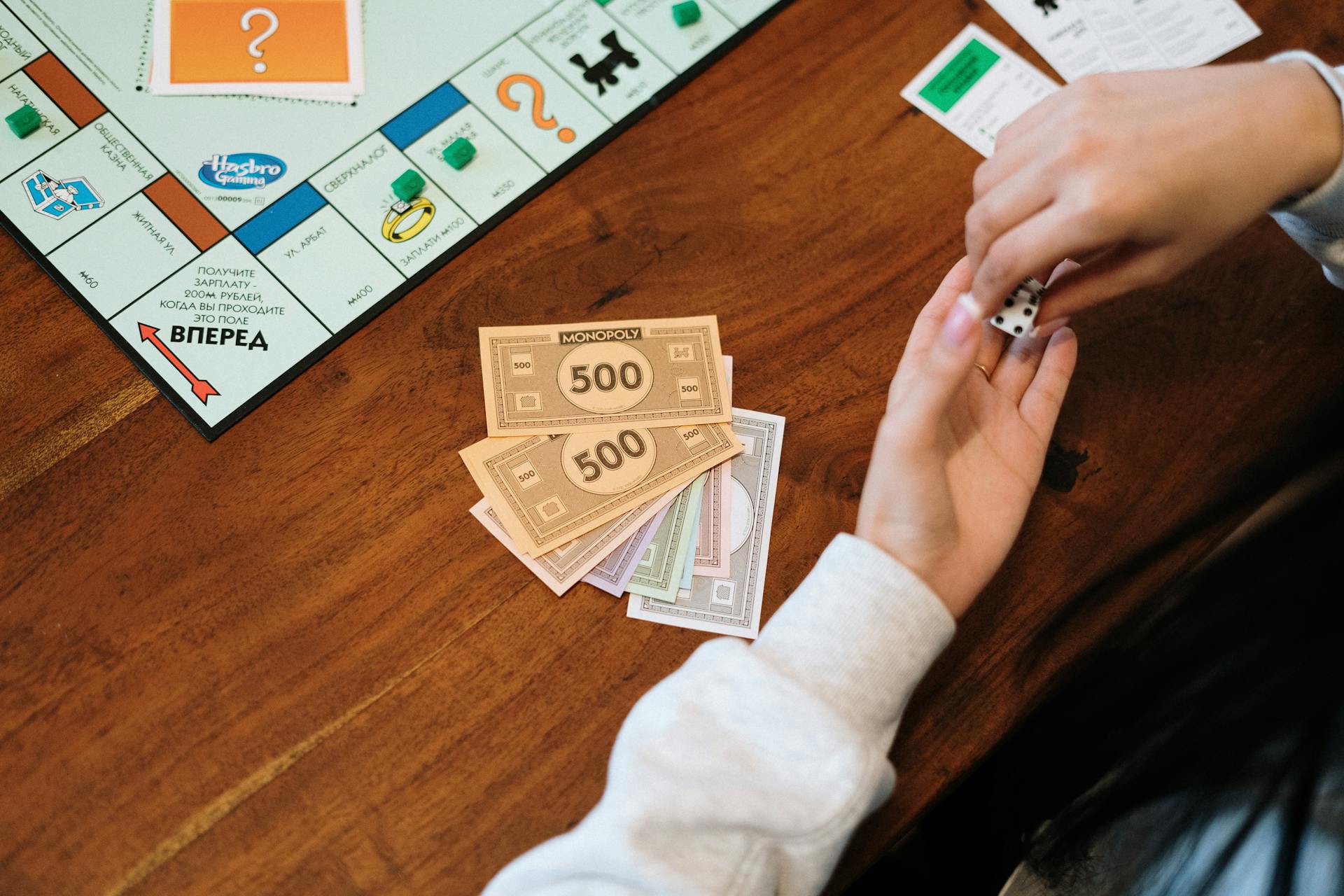
If you're looking for a way to make ends meet, be cautious of job offers that seem too good to be true. Scammers are preying on people who are desperate for extra income.
In Minnesota, people have reported falling victim to this scam, with some losing their hard-earned money. If you're a Minnesotan, you can report these scams to the authorities at (651) 296-3353 or (800) 657-3787.
Scamming Businesses
Scammers target small businesses by sending fake cashier's checks or money orders for more than the agreed-upon price. They'll then claim the check was meant for another business and ask you to wire the difference.
These scammers often use sympathy-inducing stories to get what they want. For instance, they might tell you the check was supposed to be for a travel agent, and unless you wire the difference, a newlywed couple won't be able to go on their honeymoon.
Know what you're selling and be realistic. If you're having trouble selling a local item, it's unlikely someone from a far-off place will want to buy it from you.
Frequently Asked Questions
How can you tell if a certified check is real?
To verify a certified check's authenticity, call the bank that issued it using a phone number found online, not the one printed on the check. This helps ensure you're speaking with the actual bank, not a scammer.
What happens if you deposit a fake certified check?
Depositing a fake certified check can lead to your bank removing the funds from your account, potentially after weeks, and you may be charged a penalty and overdraft fees if you've already spent the money
Sources
- https://www.fdic.gov/consumers/consumer/news/august2019.html
- https://www.louisacounty.gov/2290/Fake-Check-Scams
- https://www.ag.state.mn.us/consumer/publications/FakeCheckScam.asp
- https://www.northwesternda.org/consumer-protection/news/beware-fake-checks
- https://www.ussfcu.org/media-center/security-corner/blog-detail-security-corner.html
Featured Images: pexels.com
